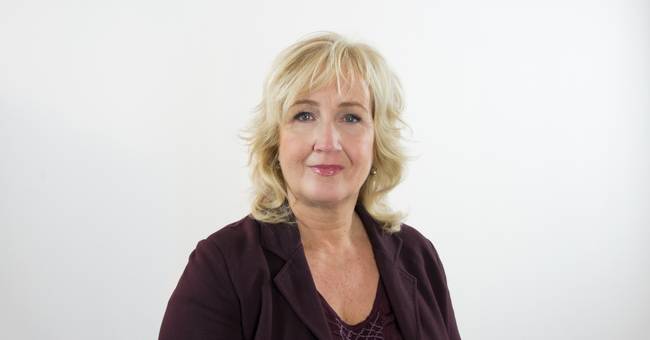A lone climate summit in Glasgow cannot save the planet from continued warming.
The word "fossil" is included in a final agreement for the first time after Saudi Arabia blocked it for 30 years.
Now coal-fired power plants without environmental engineering solutions will not be phased out but "gradually reduced", a new word introduced by India and China and also inefficient fossil subsidies.
Men det har tagits steg på vägen. Parisavtalet, som tidigare bara bestod av en skranglig byggnadsställning, har byggts på med golv och tak och står stadigare än det gjorde tidigare.
Global emissions trading can now accelerate, enabling countries and companies to reduce CO2 emissions in countries where it is most economically efficient.
There is agreement on how to calculate and report it.
It may seem unimportant that diplomats quarrel over words like "urge" or "request" while people die in floods and forest fires, but precisely those words have been shown to have an effect.
155 countries heeded the call to come in with renewed climate plans by 2021. And now the pace is increasing.
The next reconciliation will take place as early as 2022, three years earlier than planned.
A decision that reflects the strong concern that has characterized all delegates' statements.
The final agreement contains the strongest writings to date, "alarm and utmost concern" strong concern, that the world has already warmed by 1.1 degrees.
More news
För första gången finns det med en skrivning om att utsläppen ska minska med 45 procent till 2030. Det är också ett mål som Indien plötsligt lovade att man kan uppnå eftersom man tänker ha 50 procent förnybart till 2030. Samtidigt skyllde Indiens miljöminister Bhupender Yadav klimatkrisen på västvärldens ”tanklösa och slösaktiga konsumtion”.
The British Presidency seemed to have made the correct assessment that it was not possible to get everyone involved in the most far-reaching climate goals.
Instead, a series of new alliances saw the light of day in Glasgow - to stop deforestation, to reduce methane emissions, to phase out coal, to stop investment in fossil fuel projects abroad.
The more difficult the goal, the fewer countries are in the alliance.
This applies above all to "Beyond oil and gas", where Denmark and Costa Rica lead the way with ten other countries and promise an end date for all use of oil and gas.
Critics were quick to point out all the weaknesses, with vague dates and unclear wording, but all these new coalitions set a new standard in global climate cooperation.
Countries' climate plans sufficient
But there are also major failures.
The countries' new climate plans are insufficient.
Even if the forecasts have improved somewhat, the world is still moving towards 2.4 degrees warming by the end of the century.
The ice will continue to melt and the oceans will rise.
For global climate work to have any credibility, the emissions curve must begin to decline significantly before 2030.
The betrayal of the vulnerable countries was perhaps the most startling.
The poor countries had three strong arguments for why the money promised by the rich part of the world should be paid out: We have not caused the climate crisis.
We have already been hit by the climate crisis.
We lack the money to handle it.
At the last minute, the donor countries promised to double their climate aid in the next four years, but no earlier than 2023, they will pay out the SEK 100 billion that was promised as early as 2020.
Astronomical amounts
EU och USA stoppade också den nya fonden som sårbara länder krävde för att betala skador och förluster i klimatförändringarnas spår, oroliga för att det kommer leda till oändliga förhandlingar om pengar.
In total, the astronomical amount that will be released to phase out fossil energy systems worldwide.
But for it to work, a new frank debate is needed - the one about the poor capacity of poor countries to receive these amounts.
How to make sustainable investments for green conversion without being affected by corruption, weak state formations.
Investments that are large enough to make a climate difference and that do not marginalize local people?
And when will the COP reform an outdated division where certain recipient countries that qualify for climate aid (such as the United Arab Emirates) are richer than the countries that give (for example, EU countries such as Romania)?
That is the next big challenge.

